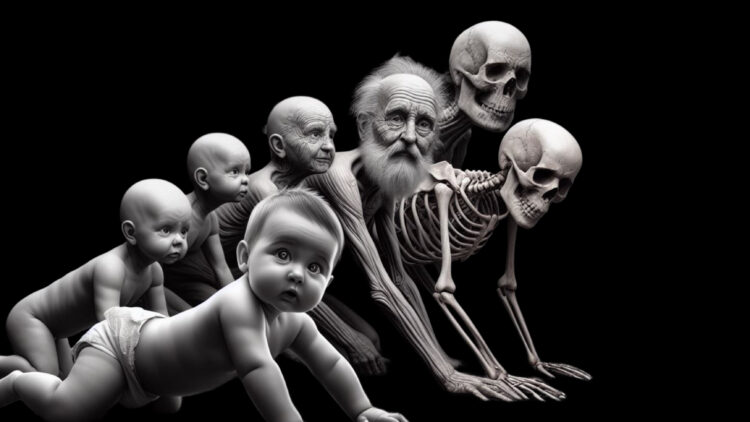The field of social sciences emerged with the principle of studying human behavior as it is influenced by the cultural and social aspects of our society. Meanwhile, the biological sciences theorize that our genes are the blueprint to the individual we ultimately become, a predetermined factor decided at birth. The discourse within the sciences has persisted over time, pondering whether we are the product of our genetic makeup or by our environment, fueling the age-old ‘nature’ versus ‘nurture’ debate. Amidst the debate between contrasting theories, a recent field of study has emerged to delve deeper into how our behaviors and environment can change and affect the way our genes work, known as epigenetics.
Michael Meaney, a neuroscientist, conducted an experiment to study the licking and grooming behavior of mother rats to their young, determining the effects of a mother’s affection (or lack thereof measure by the number of licks). The rat mothers were divided into different scenarios, with one group experiencing ample licking and affection from their mother, while the other group did not. The researchers concluded that as the pups grew up, they mirrored similar behavioral traits from their mother, with one group displaying greater affection compared to others that received fewer licks. After observing a few generations of rats, they have discovered that the traits were being passed on from one generation to the next.

In the concept of ‘nature’, the scientists begged to question whether the pups were genetically predisposed to inherit their mother’s traits. In order to test the idea, the pups of high-licking mothers were placed with the low-licking mothers and vice versa. The results demonstrated that, despite not being genetically related, the pups still inherited the mother’s behavior, adding to the concept of ‘nurture’. Moreover, not only were there changes to the pups’ external behaviors, but the care the rats received from their mothers physically altered their genetic expression, proving that ‘nature’ and ‘nurture’ work hand in hand.
The same concept can be applied to people. When identical twins are raised in different environments, they develop very different personalities despite their identical genetic makeup. While we inherit the genes we are born with, our lifestyle choices and environmental influences can greatly affect our biological makeup. For example, a traumatic experience can leave a chemical mark in a person’s DNA. Although it does not directly alter the gene code, it can regulate which genes can be activated or deactivated. Given its integration into an individual’s genetic expression, the imprint of trauma can be inherited, providing a scientific basis for the concept of ‘intergenerational trauma’.
Roselle Torres
If you found the article interesting, I also recommend this:





